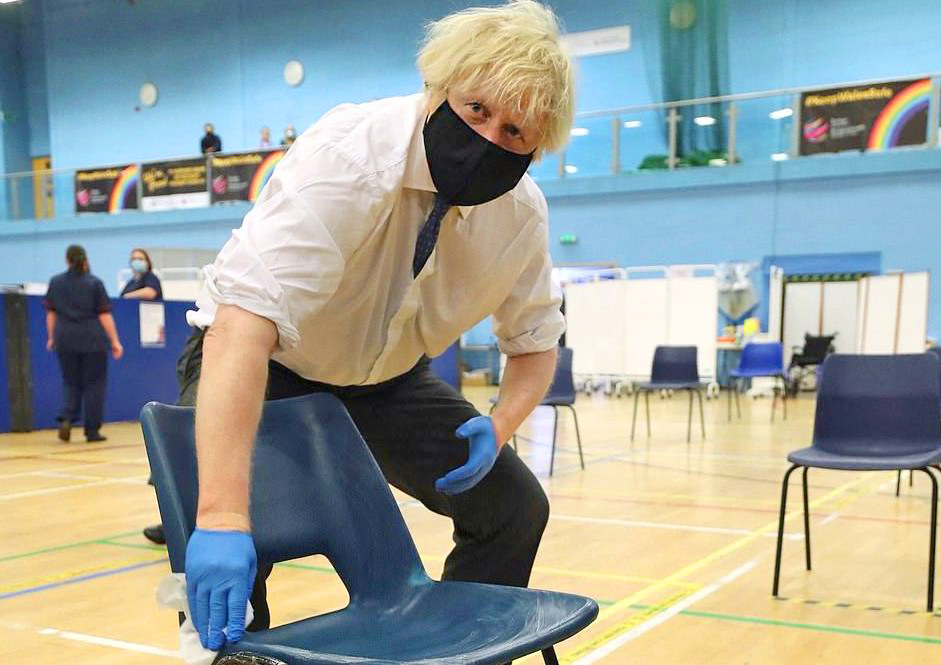Reaction
07:00
Will we ever move beyond outdated advice?
by Tom Chivers

Watch out for those fomites!
On every table in every cafe, on every counter-top in every store, there is a bottle of disinfectant. Every shop door has a “please disinfect your hands” sign with a little hand gel dispenser. “These premises are cleaned regularly,” say proud little signs in train stations.
It’s more than two years since the virus started spreading, and we still think it does so by touching things.
For the record: it pretty much doesn’t and we’ve known as much for a while. Almost exactly a year ago, Nature was asking: “COVID-19 rarely spreads through surfaces. So why are we still deep cleaning?”
It was, at the beginning of the pandemic, a reasonable thing to think. We didn’t know much about how it spread and we went on what we thought we knew about other coronaviruses and the flu. What we thought was that it spread via contact — via “fomites”, infected surfaces. We were urged to wash our hands regularly. (I remember going to a gig in March 2020, and being amazed that men were washing their hands after going to the toilet! Unprecedented.)
But it became clear, relatively quickly, that that wasn’t how it worked. A Lancet Infectious Diseases paper way back in August 2020 pointed out that the claims about how long Covid lasted on surfaces was overstated, based on studies that used unrealistic concentrations of viral particles.
As far as I know, there have been no solidly confirmed cases of fomite transmission (although this somewhat gross “snot-oral transmission” incident is a possible). No doubt there have actually been many tens of thousands — most cases are never fully traced — but they are rare. Instead, SARS-Cov2 spreads through people breathing or coughing out tiny droplets which each carry a payload of viral particles. It is the concentration of those particles in the air which is the risk factor, not how long it has been since a surface was cleaned.
Things aren’t quite as mad as they were in 2020, when our children’s school shut down on Wednesdays (in the brief period when it was open at all) for a “deep clean” and all the local playgrounds were fenced off in case someone got the virus from licking a swing, or when people were decontaminating their Ocado deliveries. But it’s still there. Amazingly, the UK government’s guidance is that “Regular cleaning plays a vital role in limiting the transmission of COVID-19,” and that at home and at work, “As a minimum, frequently touched surfaces should be wiped down twice a day.” The US CDC has similar advice. (The WHO used to, but has changed it, although Facebook still recommends that you “clean hands often and disinfect frequently touched surfaces at home”, quoting the WHO as a source.)
This isn’t to say that you shouldn’t clean things or you shouldn’t wash your hands. You should! The prevention of faecal-oral transmission of pathogens, through hand-washing and increased hygiene, is one of the great reasons why waterborne illnesses are so reduced in the Western world (along with improved sewerage). But you presumably did that before the pandemic, and you didn’t feel the need to sanitise your hands every time you went into Uniqlo or disinfect every surface in your house twice a day.
Instead, what we should be doing is improving ventilation, keeping windows open and meeting outdoors where possible. And, for a start, changing the bloody government advice. It turns out that the miasma theory of disease actually had a lot going for it.
[ad_2]
Originally Appeared Here